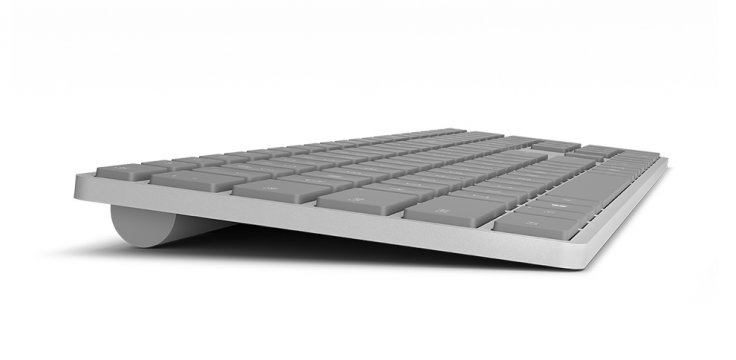On 17th July 2019, Area 120, Google's lab that conducts experiments on new projects has launched Byteboard. The too conducts tech interviews by pairing its software and analyzing all the required skills needed for the position. It is a complete interviewing platform for software engineers, where instead of a traditional interviewing method, the tool goes with project-based interviews to evaluate the skills that are effectively used at the job.
Now Byteboard is adding interviews for mobile engineering and web development. The interviews conducted through Byteboard is like grinding it with a deep level of questions related to the subject. Engineers with skills in Kotlin, Swift or HTML, CSS, and JavaScript get to open up their window to plunge deeper into the convolution and entanglement of the subject.
In addition to that, the engineers will decipher the project-linked questions with the front-end skills they learned over the years in their career. A lot of front-end engineers prefer taking Byteboard interviews for the very mentioned reason. In the coming years, the engineers, once get hired, need to work on a similar kind of projects, requiring particular set of skills as asked in the interview.
By taking such interviews, it enhances the quality of learning and aggrandizes the new set of skills, which is a bonus when one gets boarded for the job. Byteboard front-end interviews also evaluate for additional domain-specific knowledge, such as a focus on accessibility or internet principles.

This gives hiring managers a comprehensive view of a candidate's software engineering skills, as well as their role-related knowledge, says Rachel Bloch Mellon, Engineering and Assessment Development Lead, Byteboard. The tool is taking a big leap forward in permutating and revamping the way hiring and technical interviews take place. It is making the hiring managers conduct interviews in an easy effective and efficient way.
According to the Google blog, the front-end developers have to exhibit their skills by performing, rather than just memorizing and effectuating the theory they learned. The skills they manifest should be legitimate, veritable and original. It should mirror the exact way of how things reflect and happen at daily work.
This Byteboard technology will change the way interviews take place and make quick decision making for managers in finding out the right and suitable person, besides saving time for the candidate in terms of traveling and waiting for the result. All the questions of the interview are based on the work they do at the job. The candidates go through solving real-world problems in a real-world coding environment.
They undergo a lot of stress, pressure, and complexity while giving the tests, by which they apprehend the problems that happen in the real world. Moreover, it gives an insight for candidates about their core knowledge on the specific domain and area of expertise.
So far in 14 months, Byteboard has interviewed over 2000 candidates for clients like Lyft, Betterment, and Quibi. Byteboard's futuristic way of evaluating the skills of techies is a plus for companies to make interviews expeditious and unbiased, as the whole process is online.










